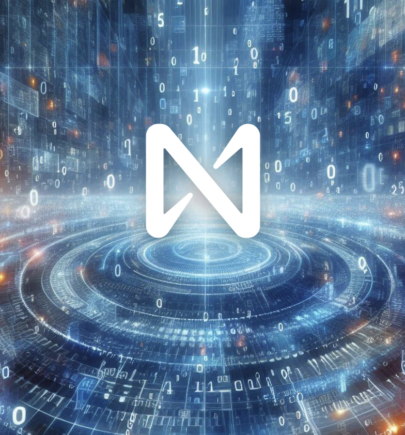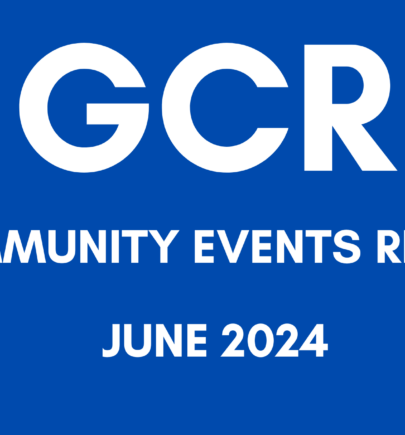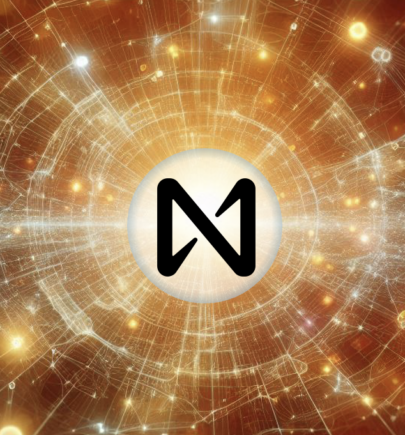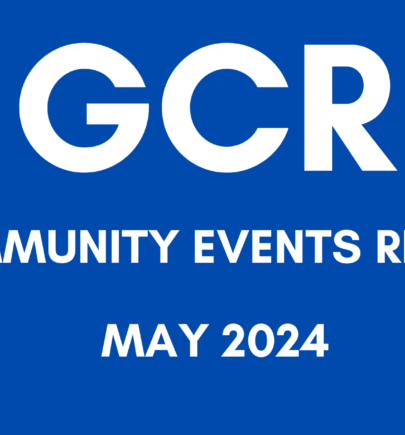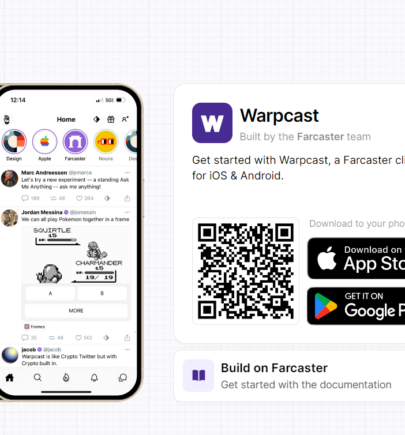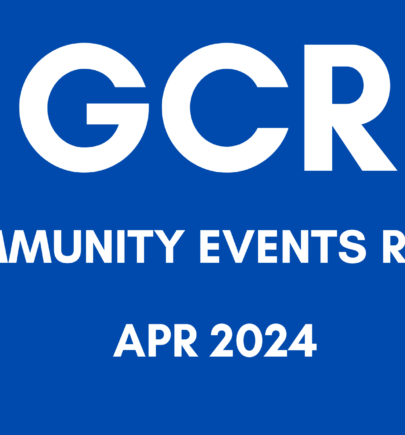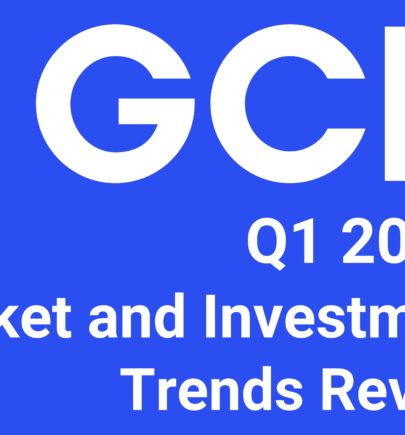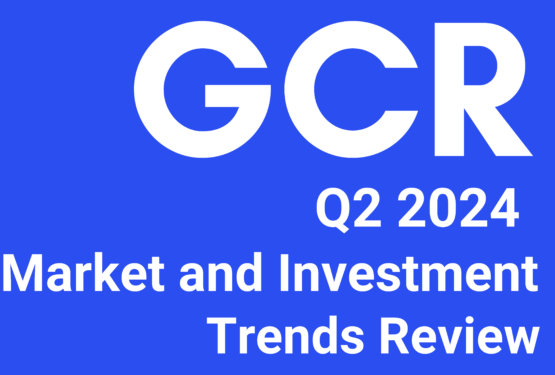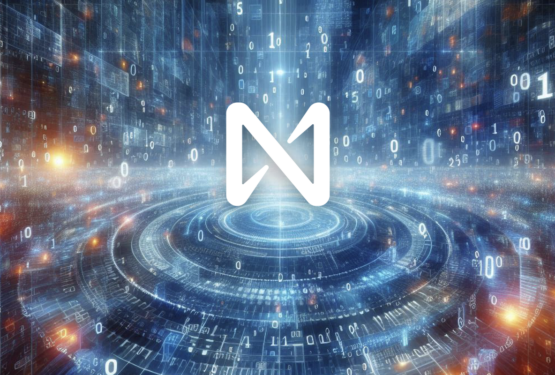Guide on Launching Grant Programs for Token Network Communities
By Peter ‘pet3rpan’, community first investing @1kxNetwork & (@Meta_Cartel, @Venture_DAO, @eGirl_Capital)
Join the Global Coin Research Network now and contribute your thoughts!
If you’d like to learn about crypto, join our Discord channel and be kept up to date with the latest investment research, breaking news and content, Crypto community happenings around the world!
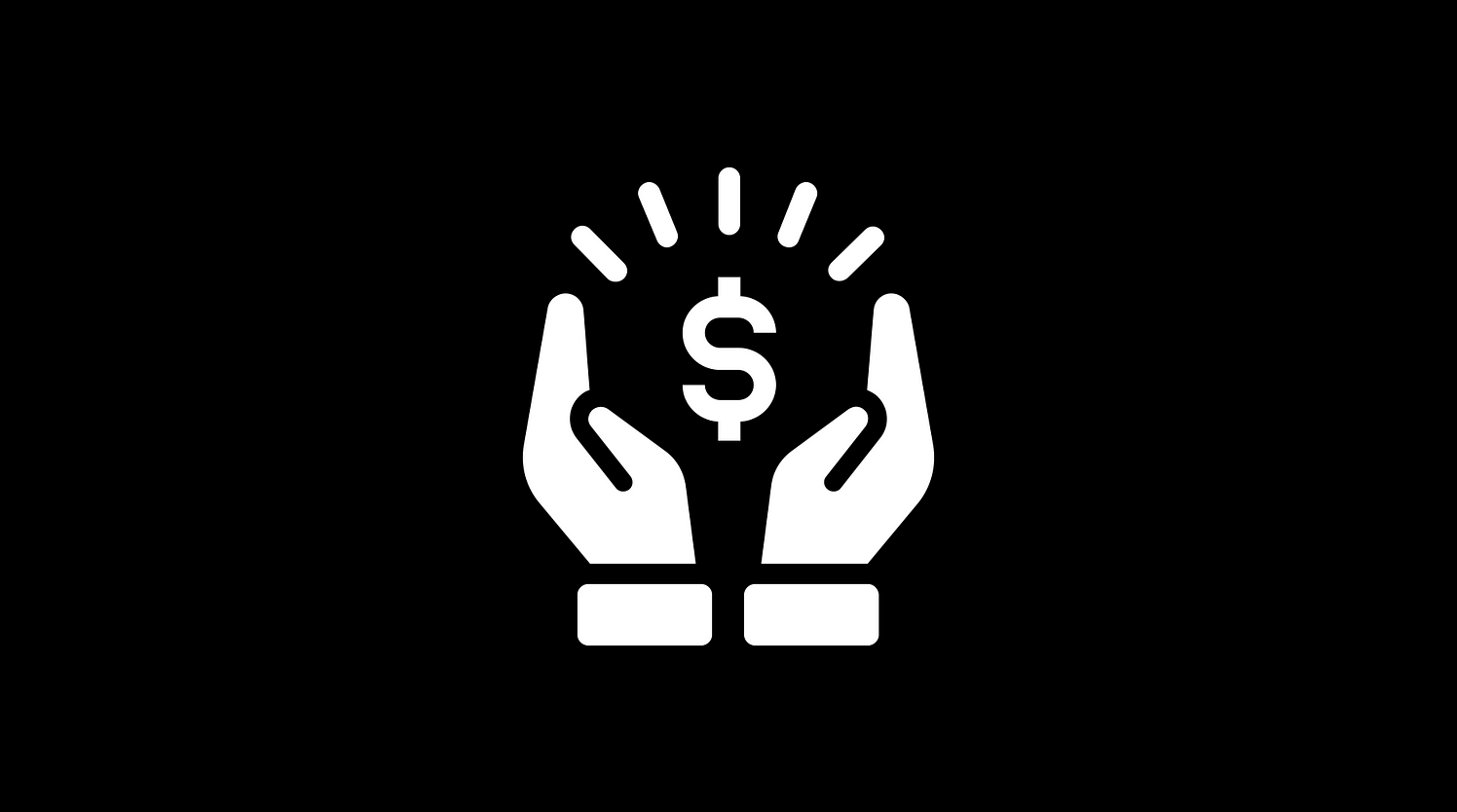
In this post, we’ll run through the operational processes required to set up a grants program with the goal of rewarding, retaining, and attracting contributors for a token community. Written for community managers.
Grant programs at their core are the process in which community members are able to request resources, funding, and support to work on initiatives within a community.
Token networks require a variety of contributions to function, from:
- Providing liquidity to capital pools
- Contributing to open source software development
- And even the creation of memes, etc…
The core goal of a token community’s resource allocation strategy is to make sure that resources and token ownership are distributed to the most valuable and most productive members of the network.
There are two approaches in which communities can achieve this:
- Programmatic distributions are automatic based on pre-agreed actions and conditions, such as providing liquidity, voting in governance, staking, or engaging in chats/forums. Programmatic distribution doesn’t require much overhead to manage but lacks human nuance and is often gamed to the detriment of the community.
- Manual distributions require community coordination and human decision-making to function, such as providing bounties, running hackathons with prizes, managing contributor payroll/incentive programs, and grant programs. Manual distributions are operationally intensive and are much harder to scale, but are required to reward the more nuanced human facing contributions of a token network.
We can think of grant programs being at the core of how token communities allocate tokens and resources manually. They are usually one of the first functional processes within a community that needs to be built out before taking on more complex coordination tasks.
Relationship between programmatic and manual processes
While programmatic incentives are often required to bootstrap resources such as liquidity, they are ultimately transactional in nature, and alone unable to foster a community of intrinsically motivated contributors. Without proper balancing, programmatic distributions can heavily skew the ownership of a network towards short-term value-extracting participants, which can discourage other more positive sum community members from participating.
Manual distribution methods, such as grant programs, are able to factor community judgment into how tokens are distributed in a network.
The strategy behind grant programs
It is best to think of grant programs as a tool that can be deployed both internally and externally to build up the community.
Internal: Using grants to retain existing community members, fund internal initiatives, set up working groups, solve community public goods needs
External: Using grants as a means of engaging with new potential grantees outside the current community, providing community members a platform, elevating the status of grantees outside the community
Doers and community leaders make up the backbone of a community and through grants, you are able to positively reinforce their work and make sure they are empowered to do great work over the long term.
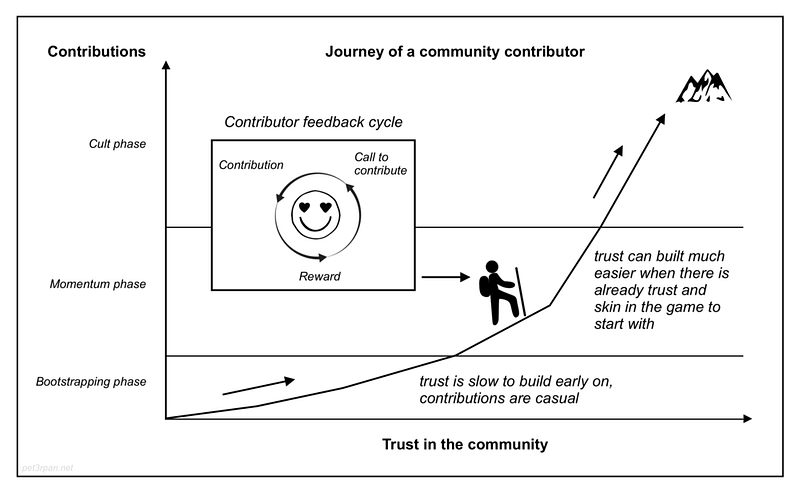
Early on with supporting the work of community members, what matters less is the actual work they contribute but rather the show of effort and cultural alignment they exhibit. You can mould and guide a contributor’s work over time but you will never be able to force community alignment — it is something that happens organically. Community building is all about bringing together the best and brightest that believe in a project’s mission and grants are able to play the role of curation in this process (distributing token ownership, resources, funding, and social capital).
MetaCartel DAO’s community building strategy consisted of curating a great community of builders via the grants program, which selected for work rigor and cultural fit (as such less than 50k USD was spent to bootstrap the community, giving out 1–5k USD grants). Other success stories around community grants also include Aave’s grants strategy that included the incubation of $YFI that led to over $100M+ in TVL gained in the first week.
The grants program setup process
Whether run by token holders, or by core contributors, the setup involved with launching a grants process usually follows a similar pattern.
[1] Define the scope of the grants program
- What are the goals of this grant program? What sort of work should it support? What are the outcomes expected in 6 months? These north star goals and expectations should help drive decision making around grants.
- How much funding/tokens are available for distribution? Work back from the intended goals, consider the available resources, and assess the best possible outcomes that can be achieved with them.
- Are grants a one-time source of funding? Or can they also be recurring? Are there rewards for completing work? Think about the criteria required for follow-on funding eg. milestone based funding
- What other resources are available to support grantees to reach their goals aside from purely funding? Access to expertise? Mentorship? Marketing
You should expect grantee support to be fairly operationally intensive. - Who will be operating the grants program? Is it the community token holder governance or is it elected members of the community? How can people learn more and sanity check their ideas with the grants team?
Summarising this information into a written post should serve as the community introduction of the grants program. Expect many of the grant proposals put forward to look fairly different, especially early on. You can set up the judging criteria for grants at this stage but do expect to stay flexible as you’ll likely need to adjust your approach and strategy as you work your way through the first set of community grant proposals.
If possible, source and find a handful of initiatives to fund and launch the grant program along with an initial set of grants as examples to set the tone.
[2] Setting up the grants application
- Post a grants proposal template guide for community members along with an outline of what the grants process will look like
- Let proposal authors set their own target goals and outcomes to be achieved along with timelines and resources requested (this format makes it very clear whether work was completed or not and whether it was a success)
- Keep the grant proposal short and simple. Ideally can be filled out in less than 5–10 minutes. The goal of initial proposals is to give context and minimize the effort wasted in the case of poor grant fit/misalignment.
- Collect grant applications using the community’s forums as a means of a posting board for grants (pros to using forums: open transparent process, easy for community members to vet and conduct due diligence)
[3] Grant application due diligence and decision making
After receiving grants, you enter the decision making process.
A standard vetting process might look like this:
- A grant proposal is posted on a forum.
- The proposal was brought to a community call where further questions and concerns are raised. Option: Also allow grantees to pitch live.
- A lead is elected or self-volunteered to drive the grants process.
- The lead coordinates a quick due diligence call to learn more about the project, this call may include other supporting community members or relevant domain experts that can make an informed judgment.
- If the grant process is driven by a dedicated team, a decision should be made soon after the call but if it is done so via community governance, then the findings are shared on the forum and put to vote.
[4] For every community, it will look fairly different and should adjust their processes to their needs:
- Run a consistent meeting where grants are discussed and assessed:
Ensure that whoever is working on grants meets on a weekly basis to discuss new grants and share due diligence findings. For early-stage communities, if you don’t receive many grant applications at the start, this can easily be folded into a regular community call. - Keep the decision making process predictable and transparent:
Make sure you build out a predictable process for deciding on grant applications to manage expectations with grantees. - Assign a lead to proposals put forward: For every grant proposal that the community is seriously supporting, there should be a single community member that takes the lead for that particular grant. Being lead involves championing the proposal, coordinating comms, and dealing with other admin involved. Without an accountable lead, you’ll typically notice a lack of follow up and slow turn arounds for proposals.
- Use milestones to address execution risk: When in doubt with larger project proposals, try to size down the grant into a smaller executable milestone with success metrics for follow on funding. This lets contributors prove themselves out and build up a track record within the community.
[5] Grants support
Grant giving is usually half of the work involved with grants.
- Clear and transparent tracking of grants and outcomes:
After managing grants, it’s important to keep track of the progress of grants, ideally in a central community dashboard (eg. public trello board). This should help you identify who is the grant lead, the grant contributors, where to track their work and progress, when to collect updates and when the proposal finishes, etc. - Get grantees to share port mortems on their work: Ask grantees to write a small blog post about their experiences and learnings after finishing their work as a retrospective. Potentially set this as the final milestone for the payout of their grants funding if their work is split up in tranches. It’s important to build feedback learning loops into the work done by the community.
- Foster relationships between grantees: Create a curated community chat/channel for grantees to collaborate and support each other.
- Grantee support: Oftentimes, funding is rarely the only reason that community members apply for a grant eg. access to expertise and community awareness. Make sure you have someone who is able to keep tabs on grant projects afterward to support their efforts and rally any necessary resources. Note: This is usually unexpected fairly operationally intensive for most communities. Be prepared to assign a dedicated community member purely focused on grantee support and success.
Examples of some open community run grant processes:
MetaCartel DAO: Grants for DApps and post hackathon projects
ESP: Ethereum Foundation’s Grant Support Program
Moloch DAO: OG Ethereum Grants DAO
DxDAO: Grants funding for DxDAO, a DeFi Incubator DAO
Tight feedback loops for grantees
In my personal opinion, having a fast and responsive feedback loop for grant proposals is the most important aspect of running grants.
Getting a very quick ‘Yes’ or a ‘No’ with reasons ASAP keeps grantees and community members engaged in good favor with the community.
Don’t waste the time of grantees.
If you decide to start engaging in due diligence with a proposal, be diligent with it as the grantee’s POV, it can be fairly draining waiting for a decision that could determine how the next several months of how you will spend your time and energy. In certain cases, grant outcomes are community members’ livelihood, so please be mindful here.
Some of the most common frustrations I’ve learned both managing grants and applying for them myself is with encountering radio silence after spending time with grant managers on due diligence and not hearing back anything. Some of the best responses I’ve had from grants I’ve also personally managed at MetaCartel were ones where we had fast turnarounds and trackable end results via community DAO voting (whether pass or fail). When engaging in the decision making process, give grantees an expected timeline of when they’ll hear or get a final decision — if anything changes in the timeline, the grant lead should keep them updated. Your grantees will appreciate the effort put into keeping them in the loop, otherwise expect some considerable level of frustration from the other side.
When a grant program within a community is reliable, efficient and responsive, it becomes a highly accessible resource that can empower the efforts of community members. However in the instances, it is frustrating and slow, it is instead a burden to the community.
-
gitcoin is great yet


